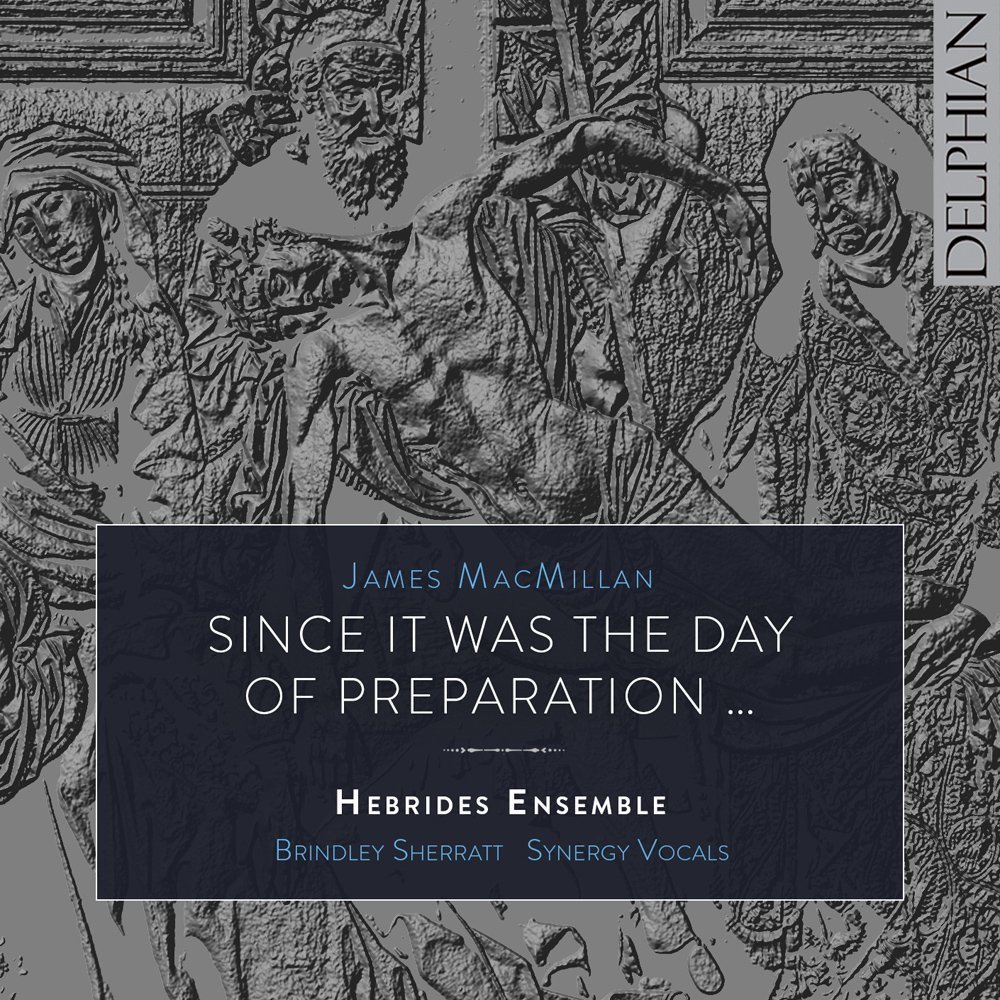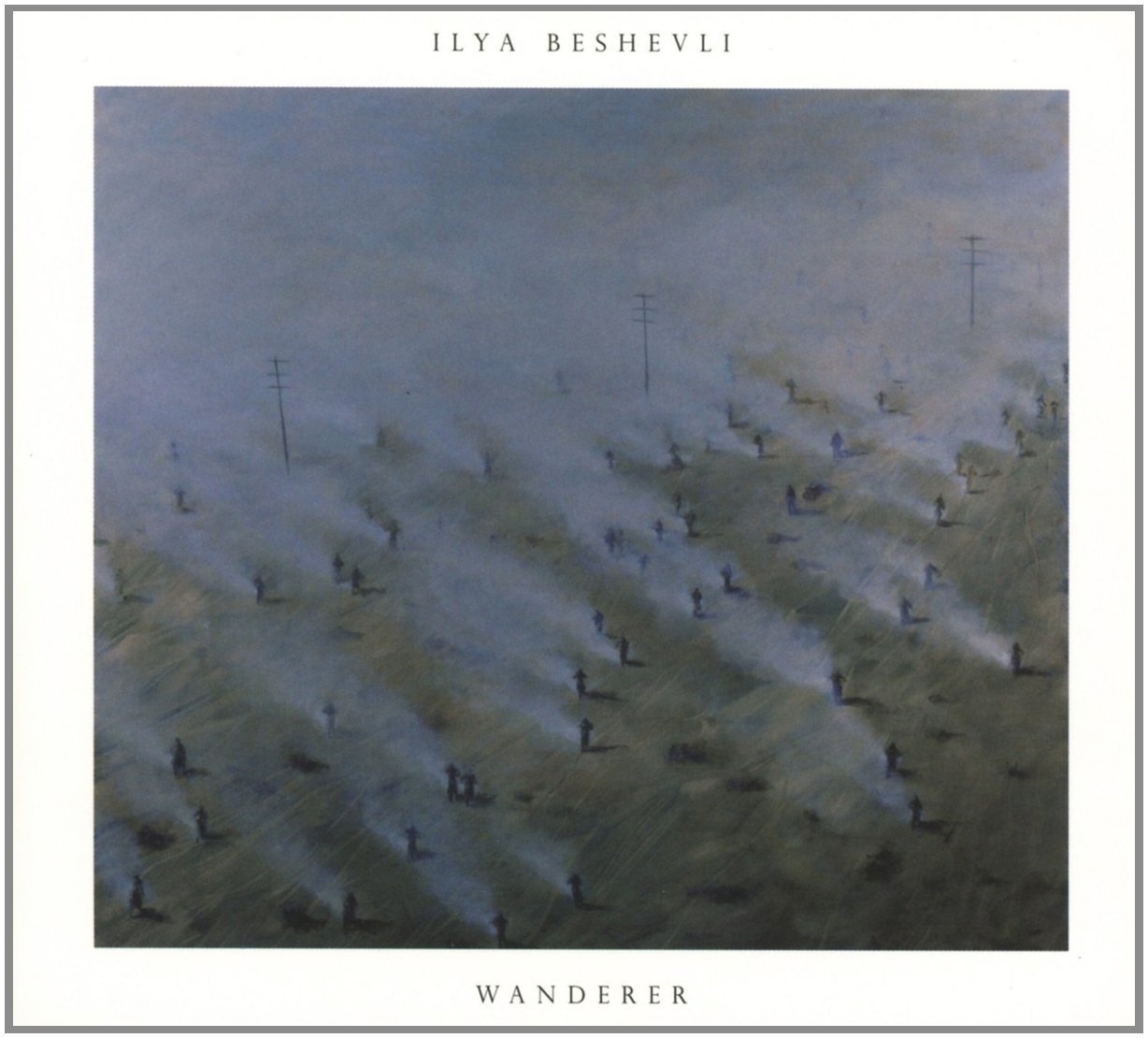 James MacMillan: Since it was the day of Preparation Hebrides Ensemble/William Conway, with Brindley Sherratt (bass), Synergy Vocals (Delphian)
James MacMillan: Since it was the day of Preparation Hebrides Ensemble/William Conway, with Brindley Sherratt (bass), Synergy Vocals (Delphian)


All the best festivals develop organically, with a guiding hand from the best directors. When I first came to the East Neuk Festival two years ago, on its 10th anniversary, it was already a special case, thriving on the spirit of place and including an all-day Schubertiad from top international artists, many of whom were returning because they loved this special peninsula of the Fife coast so much.

 Scriabin and Stockhausen: Light Vanessa Benelli Mosell (Decca)
Scriabin and Stockhausen: Light Vanessa Benelli Mosell (Decca)

’Tis the season for big children’s choirs to show off their end-of-season projects, and the Hallé Children’s Choir and Orchestra had something exceptional to present under Sir Mark Elder’s baton on Sunday afternoon: the world premiere of Jonathan Dove’s A Brief History of Creation.

"He is one of the few pianists who will not make them sound like angry birds," said young pianist-animateur Víkingur Ólafsson in Reykjavík when I told him that in little over 24 hours' time I'd be hearing Pierre-Laurent Aimard work his way through Messiaen's Catalogue d'Oiseaux at dawn, in the afternoon and evening and close to midnight at the Aldeburgh Festival.

A couple of hours of certainty really were very welcome during referendum week, and Murray Perahia did indeed bring clarity, poise, and an unquestioned masterpiece – Beethoven's Hammerklavier Sonata – to a full Barbican Hall last night. And not a single note of music written after 1893.

It should have been a complete disaster. Not announcing your festival’s programme until barely a week before it started ought to have guaranteed that nobody knew about it – no press, no audiences, other plans made, other things booked.
But still they came. It’s testament to the Cottier Chamber Project’s now firmly established place in Scotland’s summer musical life – this is its sixth year – that even keeping audiences in the dark as to what was planned didn’t deter them.

 Ilya Beshevli: Wanderer (Village Green)
Ilya Beshevli: Wanderer (Village Green)

Crazy-faced space-hopper, playmobil fireman, marble run: toys from my own childhood, staring at me now from out of glass cases, alongside an 18th century marionette, thread-bare rocking horses and a headless Georgian doll. This concert in the Museum of Childhood could have been a wallow in nostalgia. Instead, with their usual brand of ingenuity, the Multi-Story Orchestra kindled musical artefacts into vibrant life.


 Aukai Markus Seiber (Aukai Music)
Aukai Markus Seiber (Aukai Music)